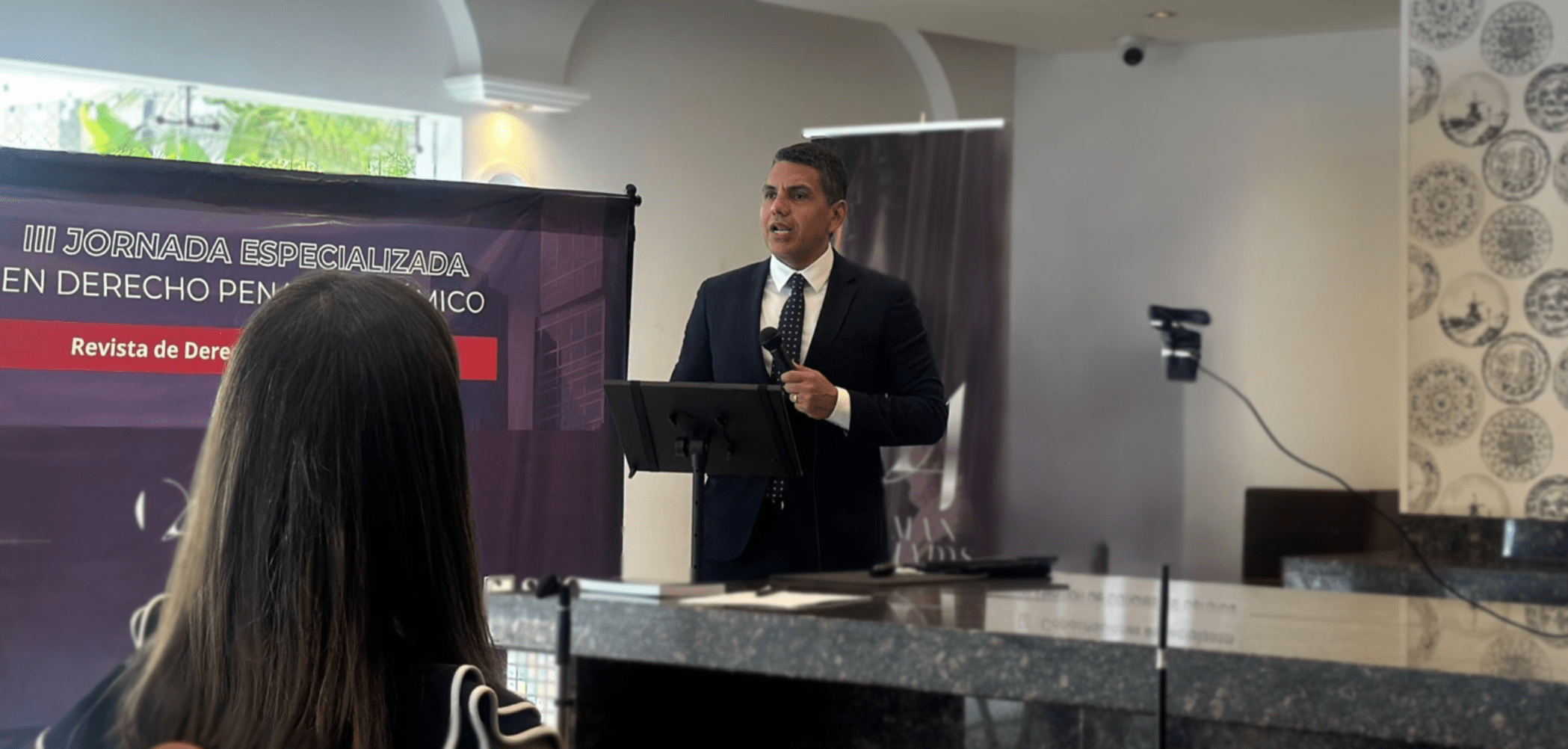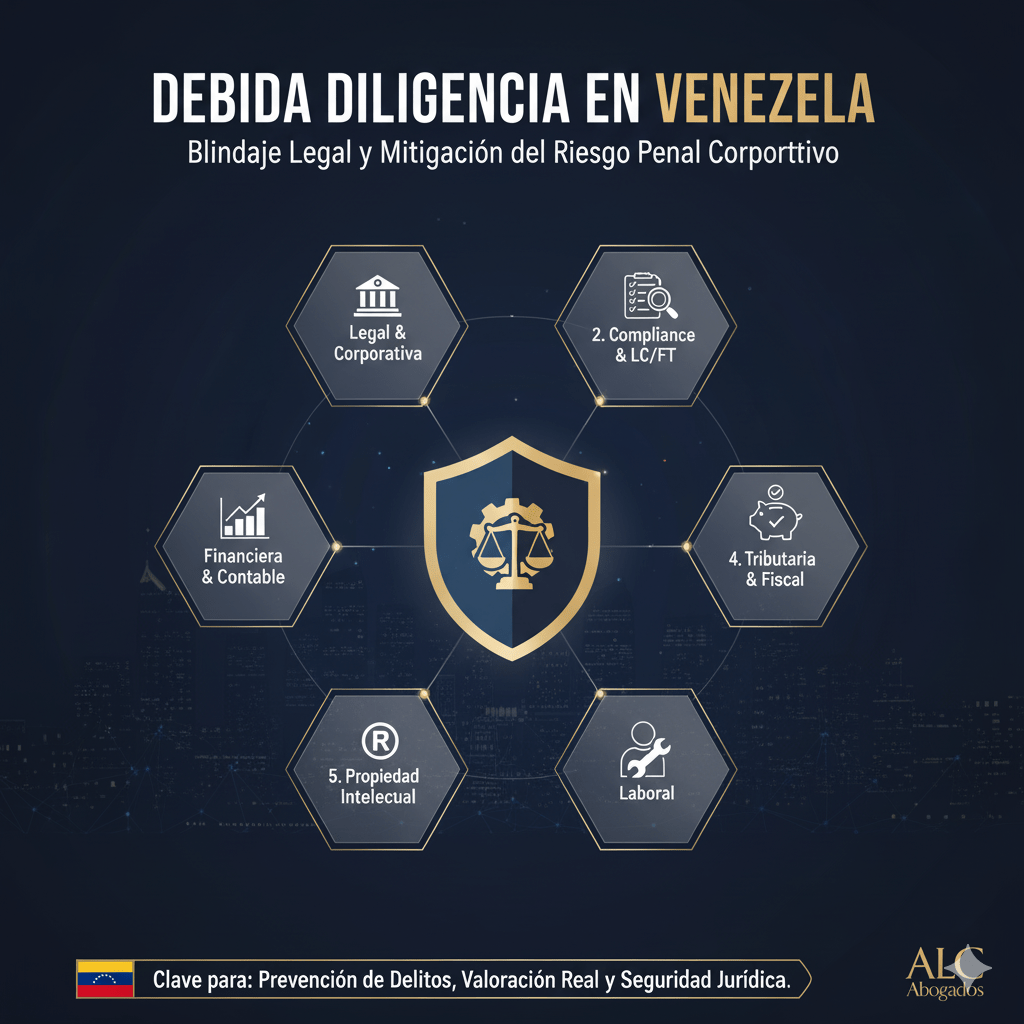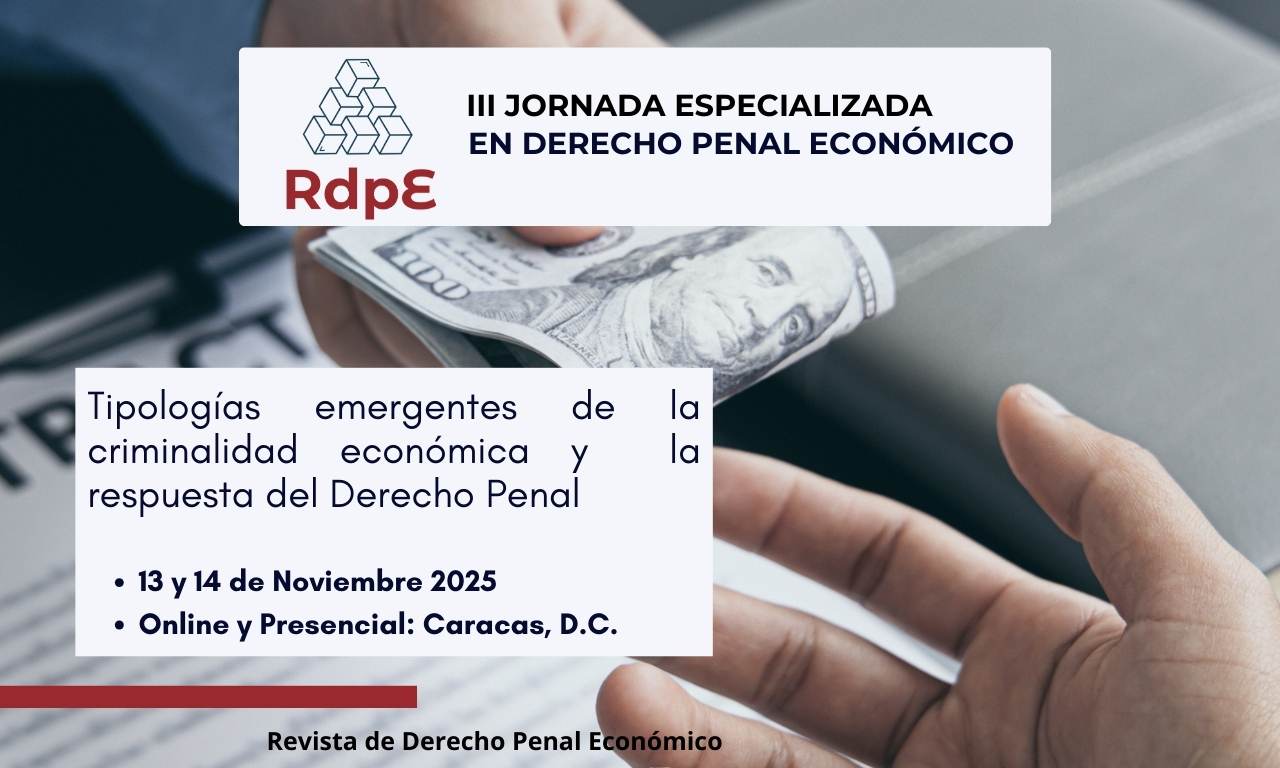The Department of Justice (DOJ) has been compiled statistics about False Claims Act (FCA) Investigations for 28 years, that have allowed verified how for instance in 2015, the DOJ obtained nearly $3.6 billion in settlements and judgments, but in the other hand, the past year’s total was lower than those for the last three years—2012 ($5 billion), 2013 ($3.8 billion), 2014 ($5.8 billion).
Besides that, the statistics also show that Recoveries in non-intervened cases, in 2015 totaled fully 65% of the value of government-intervened that reflects the increasing commitment of qui tam relators and their counsel to pursue cases even in the absence of government support
The most significant state false claims settlements in 2015 concerned to CommerzBank AG who agreed to pay $867,000 (of which $260,000 went to the relator), to settle FCA claims that had been unsealed after the government declined to intervene in March.
The complaint alleged that the defendants had engaged in unlawful gold trading with the Central Bank of Iran, which allegedly used the gold trade to circumvent U.S. sanctions. It further alleged that defendants failed to disclose this gold trading while securing a $350 million loan from the Federal Reserve Board.
Regarding to tax fraud, the New York False Claims Act (NYFCA) is the only state false claims law that expressly includes claims in this respect when was added in 2010.
On October 20, 2015, New York’s highest court affirmed the denial of Sprint’s motion to dismiss, holding that the New York Tax Law imposes sales tax on interstate voice service sold by a mobile provider along with other services for a fixed monthly charge; the statute is unambiguous; the statute is not preempted by federal law; the Attorney General’s Eric Schneiderman (AG) complaint sufficiently pleads a cause of action under the New York False Claims Act (FCA) and the damages recoverable under the FCA are not barred by the Ex Post Facto Clause of the United States Constitution. New York’s tax fraud law is not preempted by the federal Mobile Telecommunications Sourcing Act, and that retroactive application of the NYFCA is not barred by the Ex Post Facto Clause of the U.S. Constitution.



